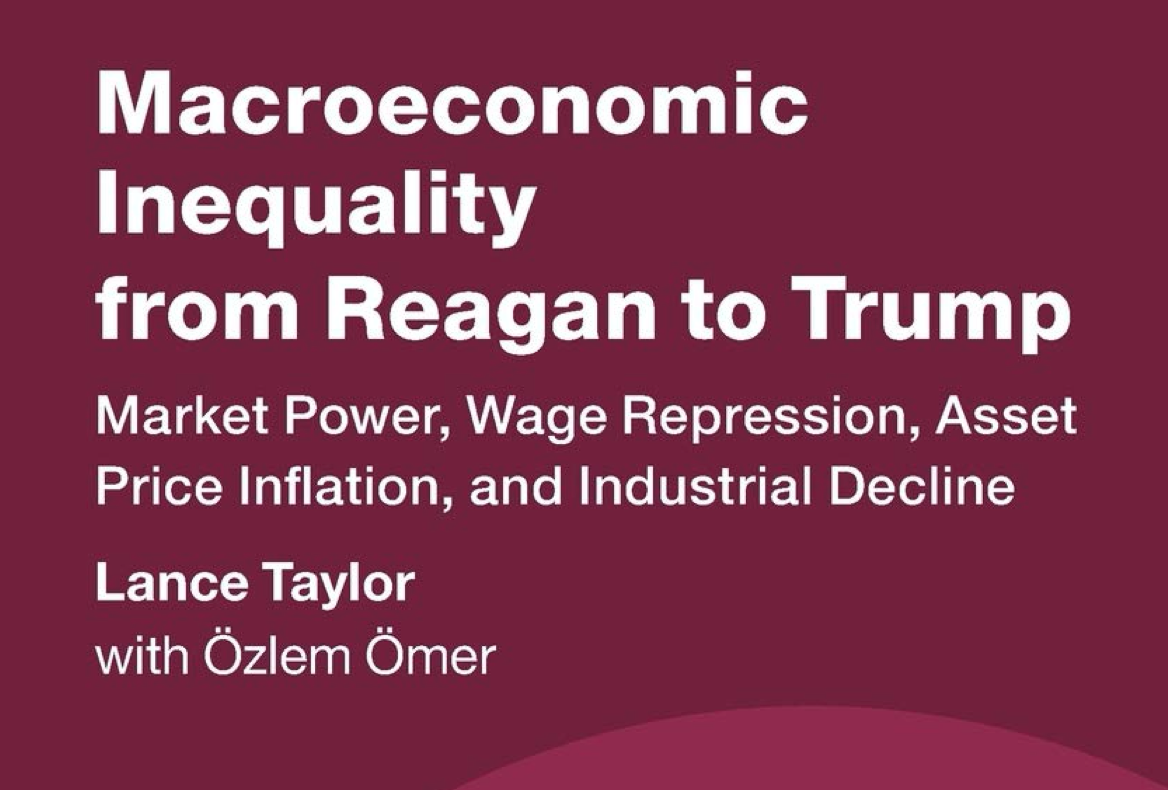Rob Johnson is the President of the Institute for New Economic Thinking (INET), which he co-founded with George Soros, William Janeway, and James Balsillie in 2009. From the outset, the founders envisioned INET as a globally engaged network that could lead the evolution of economic thought toward the interest of people and the planet. For over a decade Johnson has convened global initiatives with the greatest economic minds of our time, including conferences around the world, from Bretton Woods to Hong Kong; the Commission on Global Economic Transformation, in partnership with academics, business leaders, policymakers, and NGOs; the Young Scholars Initiative; new economic thinking curricula and online courses with leading scholars like Michael Sandel and Perry Mehrling; and groundbreaking research projects that challenge economic orthodoxy.
In 2020, when the world was at the onset of the COVID 19 pandemic, Johnson and the Institute for New Economic Thinking opened up a new channel, bringing leading thinkers to the table on his podcast/videocast, “Economics and Beyond with Rob Johnson.” The podcast draws on the expertise of the Commission on Global Economic Transformation, Nobel laureates, and economic experts associated with INET and beyond. Discussion topics range broadly, from the latest economic ideas, to the climate crisis and the pandemic, to the impact of music and the arts on public policy.
Johnson has also been an international investor and consultant to investment funds and philanthropic institutions on issues of strategy. He sits on the board of directors of both the Economic Policy Institute and the Campaign for America’s Future, serves on the external advisory council of Princeton University’s School of International and Public Affairs, and is the former President of the National Scholastic Chess Foundation. He served on the United Nations Commission of Experts on International Monetary Reform under the Chairmanship of Joseph Stiglitz, and has also taught as an adjunct professor at the Union Theological Seminary and at SIPA at Columbia University
Previously, Johnson was a Managing Director at Soros Fund Management where he managed a global currency, bond, and equity portfolio specializing in emerging markets. His focus was on emerging Asia with a particular focus on the development of China. Johnson has been a participant in many forums in China and is a frequent attendee of the China Development Forum in Beijing. Johnson began his private-sector career at Bankers Trust Company as a macro strategist and portfolio manager focused on the financial strategies of intra-European currency trading. At Soros Fund Management, Johnson was also a part of the famous team of speculators that broke the Bank of England in 1992, forcing the British pound out of the ERM.
Johnson served as Chief Economist of the U.S. Senate Banking Committee under the leadership of Chairman William Proxmire (D - Wisconsin) at the time of the 1987 stock market crash and the savings and loan crisis. Before this, he was Senior Economist of the U.S. Senate Budget Committee under the leadership of Chairman Pete Domenici (R - New Mexico).
Johnson is also a documentary film producer, whose credits include Amazing Grace (directed by Alan Elliott), the Oscar-winning Taxi to the Dark Side (directed by Alex Gibney), and Money-Driven Medicine (directed by Andrew Fredericks).
Related to his work as a documentary film producer are his ongoing efforts to bring technical economic issues to a wider and more general public by supporting the creation of economics courses, such as The Economics of Money & Banking, by Perry Mehrling, and fostering a cooperation agreement between the Pontifical foundation Scholas Occurrentes and the INET’s Commission on Global Economic Transformation.
Johnson also founded and ran a music organization under the name of Bottled Majic Music that made blues and roots music recordings on the Rooster Blues and Okra-Tone labels and evolved into music artist management and music documentary film production.
Johnson received a Ph.D. and M.A. in Economics from Princeton University and a B.S. in both Electrical Engineering and Economics from the Massachusetts Institute of Technology.




